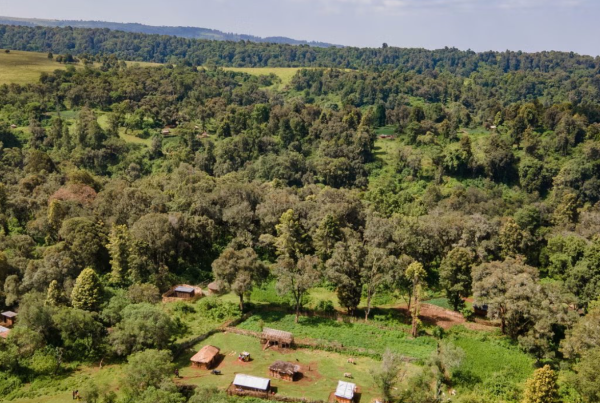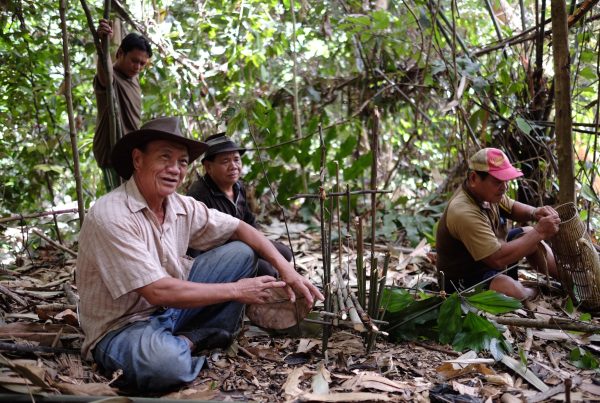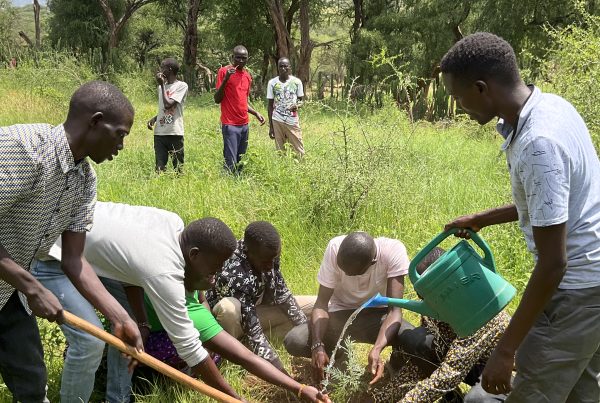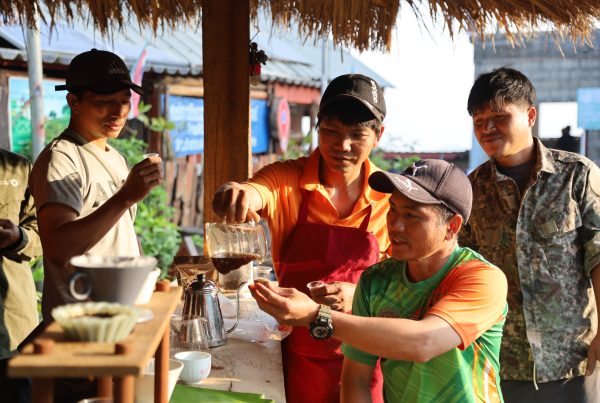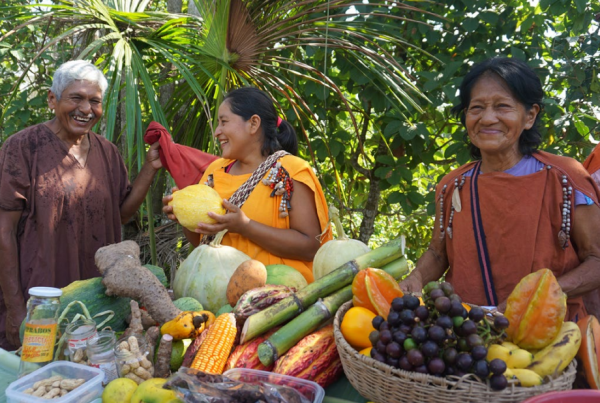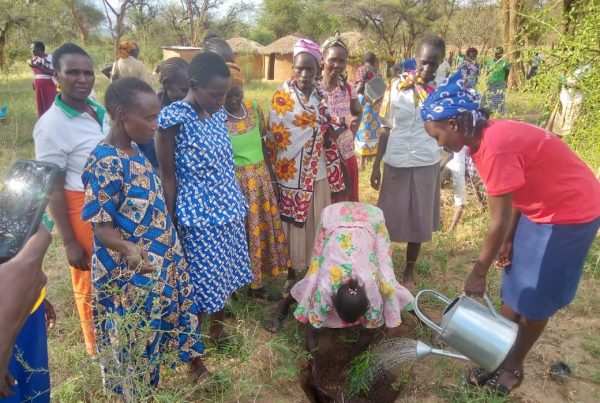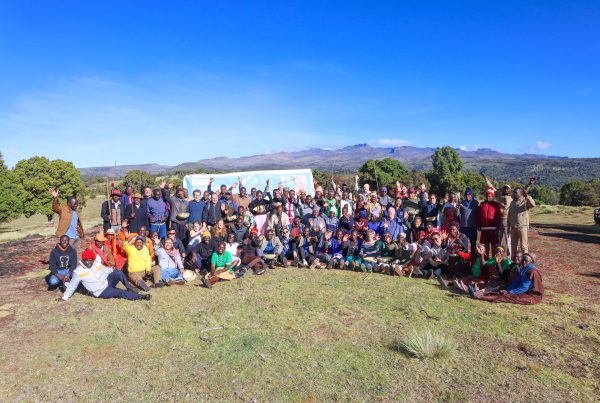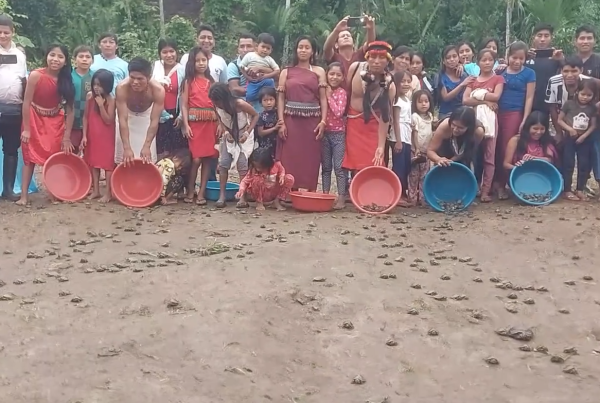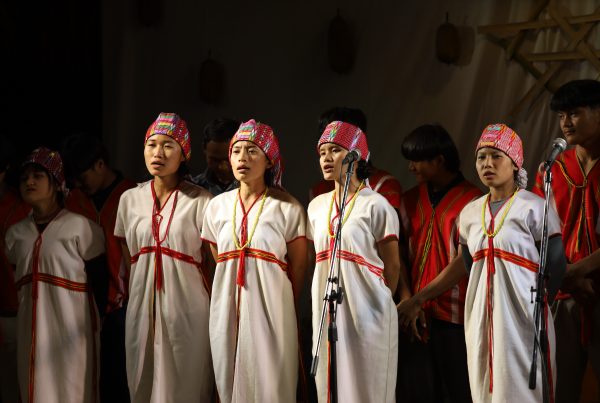
Roundtable Discussion on Indigenous Health and Wellness in Baguio City
Indigenous healers from around the Cordillera region were enthusiastic in sharing their knowledge and practices during a Roundtable Discussion on Indigenous Health and Wellness (IHW) held on November 14, 2024 in Baguio City. They shared about their experiences on the use of medicinal plants, use…
